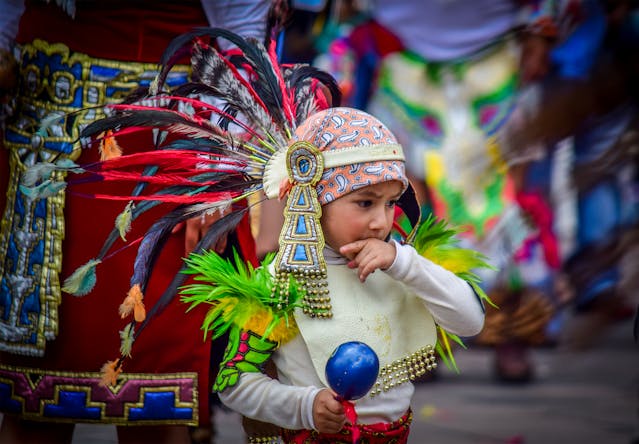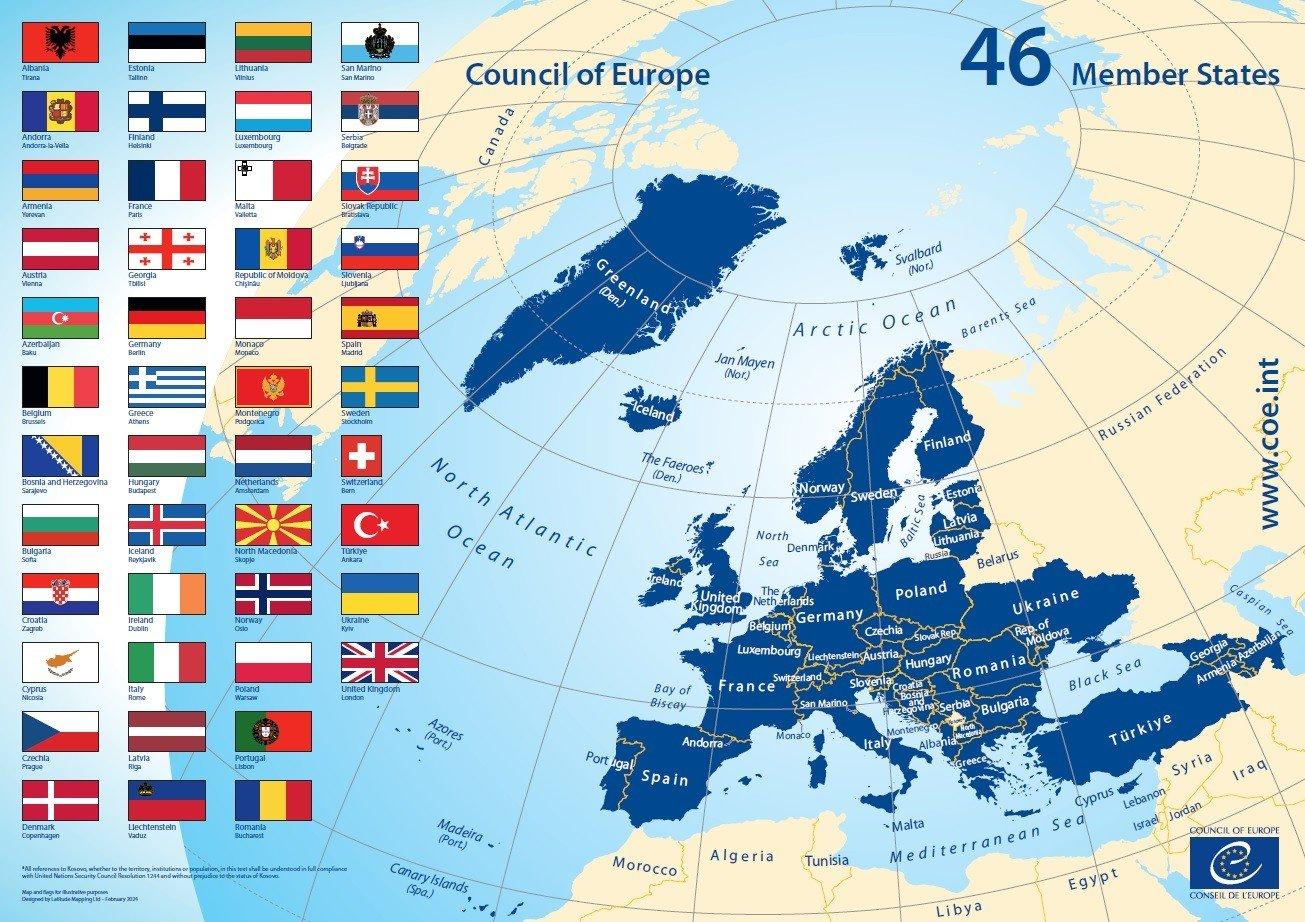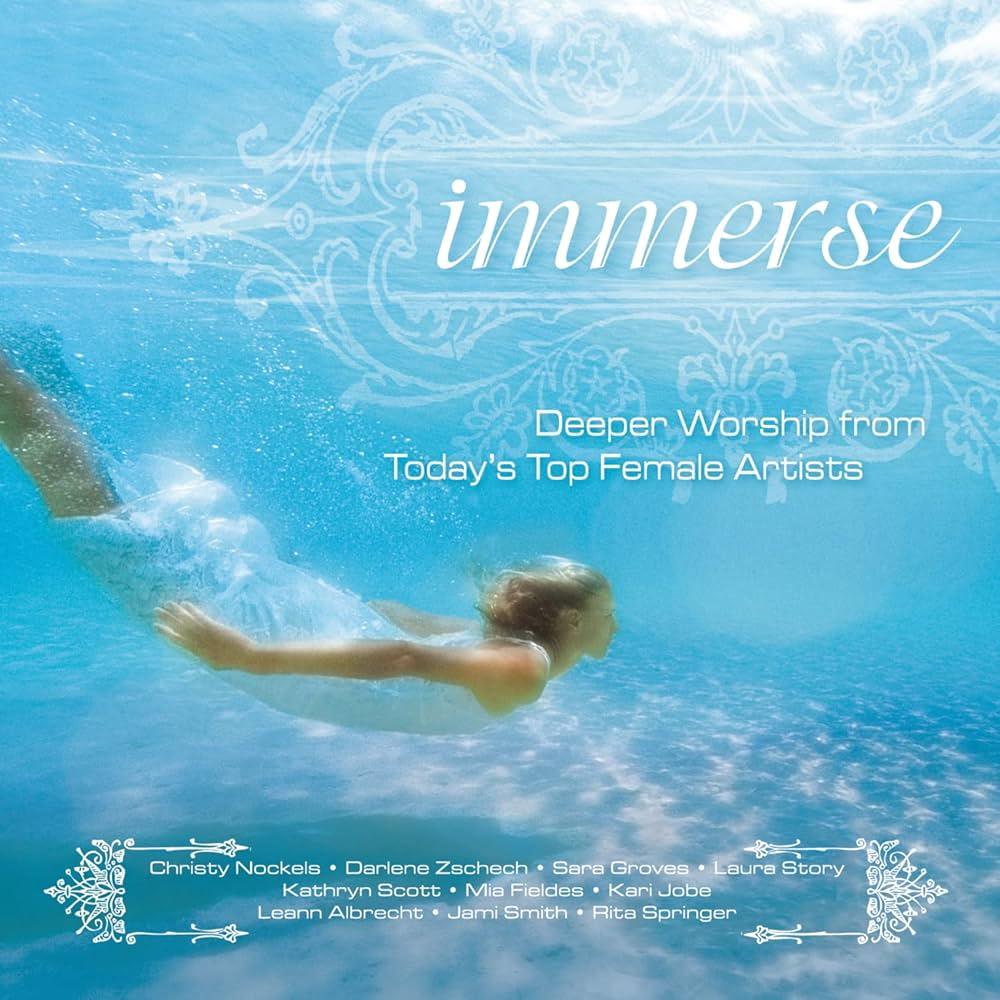Introduction
Religious pilgrimages have been an integral part of human history for centuries. These spiritual journeys to sacred destinations hold immense significance for millions of people around the world. Beyond being expressions of faith, they offer a unique blend of cultural, historical, and personal experiences. In this article, we will delve into the world of religious pilgrimages, exploring their profound impact on individuals and communities. From the revered sites of Mecca and Jerusalem to the mystical allure of Varanasi and Lourdes, let’s embark on a spiritual voyage together.
The Essence of Pilgrimage
A pilgrimage, at its core, is a journey of devotion and self-discovery. It is a sacred odyssey undertaken by individuals seeking a deeper connection with their faith, deity, or higher power. Pilgrims leave behind the comforts of everyday life to traverse arduous terrains, often on foot, and endure physical and emotional challenges to reach their chosen destination. This act of sacrifice symbolizes the pilgrim’s unwavering commitment to their beliefs.
Pilgrimages are not limited to any one religion or faith; they are a universal human experience. Each religion has its own sacred destinations, rituals, and traditions associated with pilgrimage. However, regardless of faith, pilgrimages share common themes of spiritual awakening, self-reflection, and a sense of unity with fellow believers.
Mecca: The Heart of Islam
For Muslims worldwide, the pilgrimage to Mecca, known as Hajj, is one of the Five Pillars of Islam. Every year, millions of Muslims from diverse backgrounds gather in Saudi Arabia to perform this sacred journey. Hajj is a profound experience that unites Muslims in devotion to Allah, transcending differences of nationality, ethnicity, and social status.
The pilgrimage includes rituals such as circumambulating the Kaaba, standing at the plains of Arafat, and throwing pebbles at the pillars of Jamarat. These rituals represent the trials faced by Prophet Ibrahim and his family and serve as a reminder of the importance of submission to God’s will. The Hajj is a life-altering experience that leaves a lasting impact on the hearts and souls of those who undertake it.
Jerusalem: The Holy City
Jerusalem holds a special place in the hearts of Christians, Jews, and Muslims alike. It is a city brimming with religious significance and has been a focal point of pilgrimage for centuries. For Christians, walking the Via Dolorosa, believed to be the path that Jesus took on his way to the crucifixion, is a profound and emotional experience.
The Western Wall, also known as the Wailing Wall, is a sacred site for Jews, where they come to pray and leave written prayers in the wall’s crevices. For Muslims, the Al-Aqsa Mosque and the Dome of the Rock are revered sites, believed to be associated with the Prophet Muhammad’s Night Journey.
Varanasi: The Spiritual Capital of India
Varanasi, situated on the banks of the sacred river Ganges, is a city that embodies the spiritual essence of India. Known as Kashi or Benares, it is a place of pilgrimage for Hindus seeking to cleanse their souls in the holy waters of the Ganges. The city’s narrow alleys are lined with ancient temples and ghats, where rituals, ceremonies, and cremations take place every day.
The ghats of Varanasi, especially Dashashwamedh Ghat and Manikarnika Ghat, witness a constant flow of pilgrims and tourists seeking spiritual solace. The mesmerizing Ganga Aarti, performed daily at sunset, is a sight to behold and a deeply spiritual experience. Varanasi is not just a destination for physical cleansing but also a place where the soul finds peace and renewal.
Lourdes: The Miraculous Sanctuary
Lourdes, a small town in the South of France, is famous for its association with miracles and healing. It became a prominent pilgrimage site after a young girl named Bernadette Soubirous claimed to have seen visions of the Virgin Mary in a grotto in 1858. The grotto, known as the Grotte de Massabielle, attracts millions of pilgrims seeking divine intervention for their ailments.
The healing waters of Lourdes, believed to have miraculous properties, are a central focus of pilgrimages to this town. Pilgrims often immerse themselves in the spring’s waters and take home bottles of it, believing in its power to cure illnesses. Lourdes serves as a place of hope, faith, and spiritual rejuvenation for countless individuals seeking solace in the face of suffering.
The Impact of Pilgrimages
The impact of religious pilgrimages extends far beyond the physical journey itself. These spiritual odysseys have profound effects on individuals, communities, and even entire nations. Pilgrimages offer a unique opportunity for self-reflection and inner transformation. The trials and tribulations faced during the journey often lead to personal growth, increased spirituality, and a deeper connection with one’s faith.
Communities that host pilgrimages also benefit economically and culturally. Local businesses, hotels, and artisans thrive on the influx of pilgrims, while cultural exchange and understanding flourish as people from diverse backgrounds come together in pursuit of a common spiritual goal.
Conclusion
Religious pilgrimages are not mere travels; they are transformative experiences that shape the spiritual, cultural, and personal dimensions of our lives. Whether it’s the annual Hajj to Mecca, a pilgrimage to the holy city of Jerusalem, a visit to the spiritual capital of Varanasi, or a journey to the miraculous sanctuary of Lourdes, these sacred destinations hold the power to heal, inspire, and unite. As we explore the world of religious pilgrimages, we discover that they are more than physical journeys; they are profound spiritual voyages that connect us to our deepest beliefs, our shared humanity, and the divine.
 Journey Junkies Hub
Journey Junkies Hub



